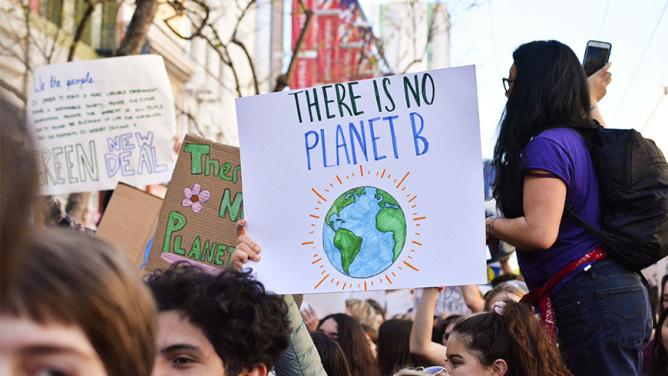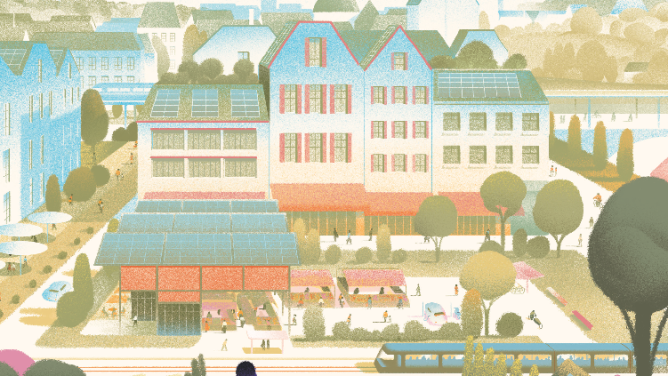
In its recent climate change report published on Monday, October 8, the IPCC issued a clear message: the 1.5°C threshold set by COP 21 will be surpassed between 2030 and 2052. If no action is taken, a 2°C temperature rise could bring even more disastrous effects for our environment. Throughout the report’s 250 pages, the group of experts outlines the catastrophic consequences of global warming for humans and other species: submersion of the most vulnerable islands, desertification of soils, declining crop yields, rising flood risks, increase in tropical cyclones, etc.
But the IPCC does more than list the threats to come: it also presents solutions for pushing governments to take action. Some of its concrete actions urge us to reduce the amount of energy used in buildings and transport, as well as to plan more resilient territories that are better able to counter the effects of climate change.
An overview of the climate resilience challenges for infrastructure
Leonard’s prospective group devoted to climate resilient infrastructure, led by Jérôme Stubler, Chairman of VINCI Construction France, pursues this ambition. Leonard is now publishing an “Emerging Trends” overview of risks and efforts that can make infrastructure more resistant and adaptable to climate shocks. As 75% of the urban infrastructure we will need in 2050 remains to be built, the present era offers a unique opportunity to integrate these new principles into their design.
Leonard’s Emerging Trends overview is now available online:
Resallience, a “gem” to plan resilience
Leonard is preparing to adapt this infrastructure in the entrepreneurial landscape: arising from the VINCI Intrapreneurs program supported by Leonard, the design office Resallience offers consulting, modeling and project management services to adapt infrastructure and its uses to climate change.
Discover a presentation of the office by Karim Selouane, intrapreneur at Leonard and founder of Resallience:
La Fabrique de la Cité, a think tank dedicated to urban prospective, just published a report devoted to urban resilience, available on the La Fabrique website.


